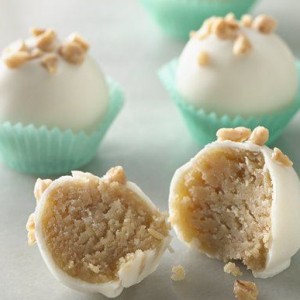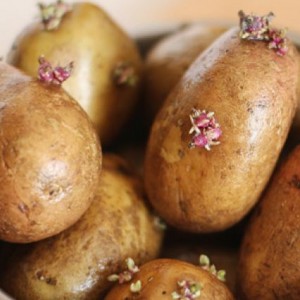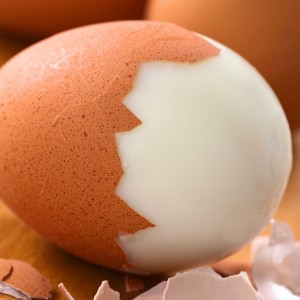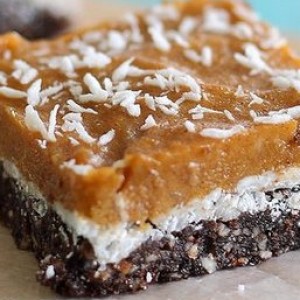pâté
French for "pie," this word — with accent over the "e" — is generally used to refer to various elegant, well-seasoned ground-meat preparations. A pâté can be satiny-smooth and spreadable or, like country pâté, coarsely textured. It can be made from a finely ground or chunky mixture of meats (such as pork, veal, liver or ham), fish, poultry, game, vegetables, etc. Seasonings and fat are usually also included in the mixture, which can be combined before or after cooking. Pâtés may be cooked in a crust, in which case they're referred to as pâté en croûte. They may also be cooked in a pork fat-lined container called a terrine (or any other similarly sized mold), in which case they're called pâté en terrine. Traditional parlance says that when such a mixture is cooked and served in a terrine, the dish is also called a terrine, and when unmolded it becomes a pâté. Today, however, the two terms are often used interchangeably. Pâtés may be hot or cold anRelated terms
Pâté
Convention; Conferences
A combination of finely ground meats and spices forming a loaf. Some pates are spreadable, some are sliced. Classical meats used include goose liver, duck liver, chicken liver, ...
hot dog
Culinary arts; Cooking
The term for one of America's favorite sandwiches (the other being the hamburger), which consists of a frankfurter in an oblong-shaped bun with any of various toppings including ...
fowl
Culinary arts; Cooking
The term fowl is used generally to refer to any edible, mature, wild or domestic bird. Specifically, a fowl (also called hen or stewing chicken) is a female chicken over 10 ...
hard sauce
Culinary arts; Cooking
The traditional accompaniment for plum pudding, hard sauce is made by beating butter, sugar and flavoring together until smooth and creamy. The sugar can be confectioners', ...
cacao
Culinary arts; Cooking
The tropical, evergreen cacao tree is cultivated for its seeds (also called beans), from which cocoa butter, chocolate and cocoa powder are produced.d are usually served as a first course or appetizer.





















